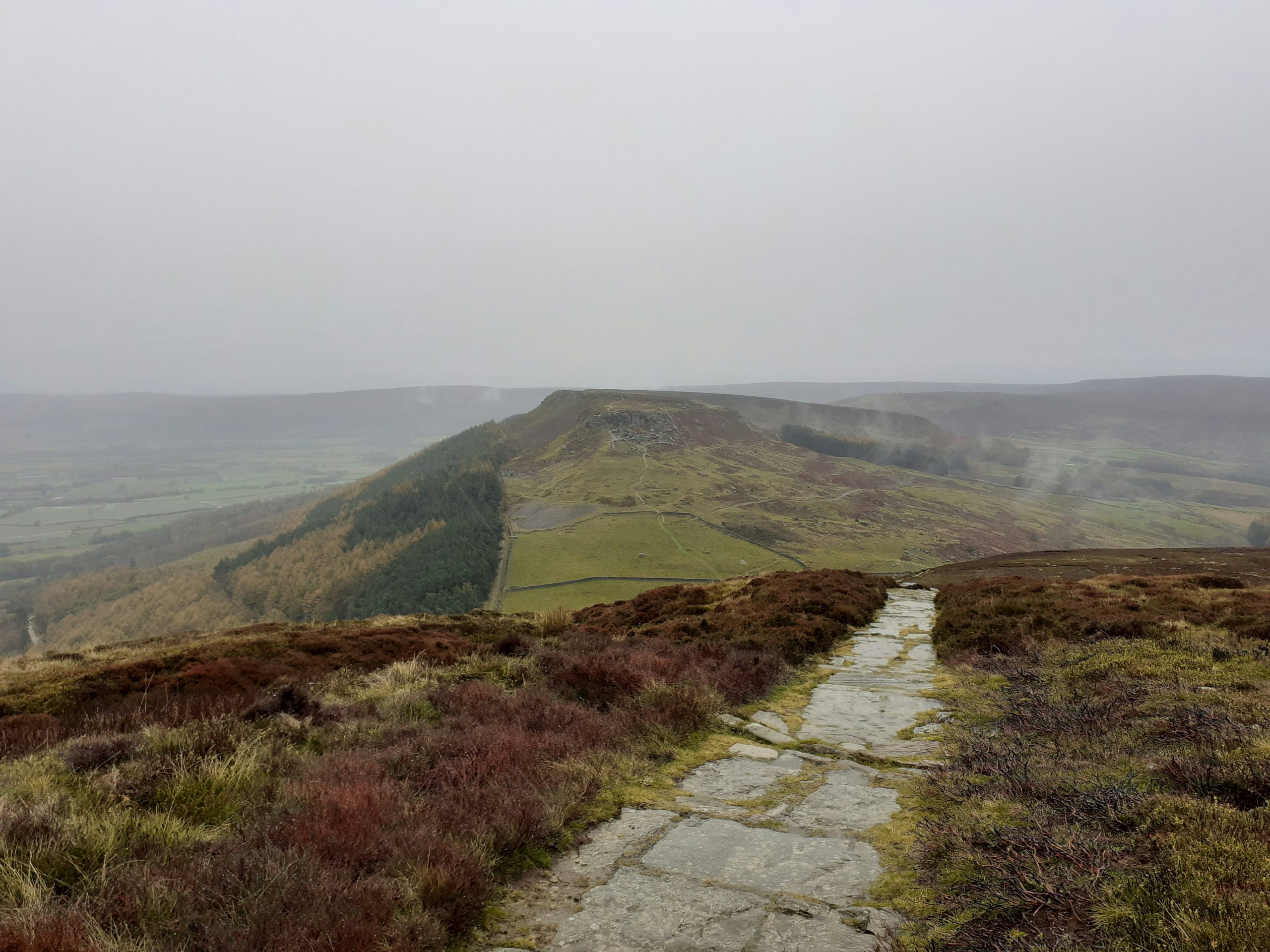In 2005, Werner Herzog released Grizzly Man, a film that explores the world of an environmentalist called Timothy Treadwell who lived with grizzly bears at Katmai National Park, Alaska. After living with the wild animals for thirteen years, Treadwell and his girlfriend, Amy Huguenard, were killed by the very thing Treadwell left human civilization for.
Like most Herzog films, the film focuses on a singular person and their emotions, what they’re going through, with Herzog’s voiceover creating a circle by bringing it back to the world and his audience, allowing what seems to be an un-relatable story to encompass feelings felt by many. Grizzly Man shows what can happen ÔÇô what has already happened ÔÇô when a person becomes too isolated and detached from modern civilisation.
Now, almost eleven years after creating Grizzly Man, Herzog has released Lo and Behold: Reveries of the Internet and the Connected World. The 10-chaptered film acts as a kind of open-ended philosophic book of the Internet, as Herzog creates a narrative from the beginning of the Internet ÔÇô in which the enthusiastic, camera-staring computer scientist Leonard Kleinrock explains to us the beginning of the Internet while drawing sums that make no sense to me ÔÇô to a group of teenagers in Internet rehab, the Catsouras family who were haunted by the death of their daughter, Elon Musk’s ideas of a life on Mars, and one of the most famous hackers in the world. Yet, each chapter doesn’t feel as if they’re exploring the Internet, but instead the subjects the camera is pointed at. As A. O. Scott said for The New York Times, the chapters come to be ÔÇÿimpressionistic rather than comprehensive’ ÔÇô for Herzog, this was never going to be a film purely about the Internet, but instead ÔÇô as the title suggests ÔÇô about the connection between humans.

In a Q + A after the screening with Richard Ayoade, Herzog discussed Laverne Krauss’ statement that the Internet is completely out-of-control, ultimately disagreeing with him as the director says it’s completely controllable since the Internet is ÔÇÿground-based’. Not only does this show Herzog’s viewpoint of the Internet (that it’s a physical thing in the ground rather than something that can get inside our brains), but also his self-interest: the Internet may be controllable, but humans aren’t, and that’s what makes them so much more interesting. In fact, when talking about his filmmaking style with Ayoade, Herzog reiterated advice he has said in countless interviews ÔÇô ÔÇÿdon’t be a fly on the wall, be a hornet that stings.’ It seems the director likes the challenges humans present him with, and, since this film is very different to his other works in that it’s not very physical, humans become the biggest opponent for the director.
Herzog’s focus on the subjects in Lo and Behold, for example the Catsouras family looking away from the camera and Elon Musk’s silence in thought when thinking about dreams, bring us back to Grizzly Man and the fact it’s always who ÔÇô or what ÔÇô is in front of the camera at any given moment that interests Herzog the most. Just like Grizzly Man isn’t focused on giving concrete facts on grizzly bears, Lo and Behold does not seem to be a film that is aiming to achieve a status where it can claim it has explored everything there is to explore about the Internet; Herzog even discussed in the Q + A how there could have been more chapters exploring the likes of bit coin and social media. Instead, Herzog views the Internet through a poetic lens.
There’s a moment in the film where the director asks various scientists ÔÇÿcould the Internet dream of itself?’ leaving these literal-minded people in silence at the thought. In one of the last chapters, Herzog again asks ÔÇÿhave the monks stopped meditating? They seem to be tweeting.’ It’s clear Lo and Behold is entirely through Herzog’s perspective: a man who does not go on the Internet much wants to explore what it’s about and what it means in our world. If this were made by someone fluent in the Internet, it would have been a very different ÔÇô and much more predictable and uninteresting ÔÇô film. Since most viewers of Lo and Behold are most likely encompassed by the Internet every day, it makes sense to have an Outsider explore it for us.

The aforementioned poetry in the film is presented from the first chapter. The first person we’re introduced to is the direct-addressing Leonard Kleinrock, describing the ÔÇÿbirthing’ of the Internet at the Stanford Research Institute in room 3420. Kleinrock describes how the computer at Stanford was supposed to send the first email/message to a computer in a different state of the United States. However, while sending a malfunction happened, with the baby Internet’s first word being ÔÇÿLo,’ as in ÔÇÿLo and Behold’. This sets off what is to come in Herzog’s film, with dreams being almost at the centre of his thoughts about the Internet. For The Guardian, Lanre Bakare describes the films presentation of the Internet’s ÔÇÿutopian potential,’ calling to mind the idea of dreams in Utopian classics from More, Bellamy and Huxley. Even the very title of Philip K. Dick’s Do Androids Dream of Electric Sheep? asks the same question Herzog asks the scientists, with Ridley Scott’s 1982 Blade Runner visually showcasing the question in a utopia/dystopia tension. The question this raises, then, is whether the Internet is a utopia or dystopia.
When Ayoade asks Herzog if he dreams, Herzog replies in deadpan that he does not have dreams, but describes what seems to be his version of dreaming ÔÇô walking on foot for long periods of time. Yet, the director still understands the importance of dreaming for his audiences, describing how to direct is to take the audience into pure imagination, allowing space for his audience to dream and incorporate their own space for their dreams. ÔÇÿFilms are not complete without an audience’ Herzog says; and in that way they’re very similar to the Internet.
Both films and the Internet are paradoxes in that the require a sense of community and conversation to be created (for example the director/audience relationship vs. the act of broadcasting the perfect parts of your life for an invisible audience), yet they’re ultimately lonely acts (i.e. everyone’s life experiences means they will interpret a film differently/the Internet is just a blank screen upon which one projects on). And, while Herzog does not portray the Internet and its advancements negatively, ideas of being able to tweet thoughts directly from the mind, people who have to go to what is essentially an Internet rehab and people who are forced to live in solitude due to the invisible force of the Internet suggests this still relatively new world of connectivity is creating ÔÇô as Herzog describes ÔÇô a century of solitude.
Werner Herzog and Richard Ayoade finish their Q + A with the former discussing how, in order to capture the world, we should never abandon thinking or reading. Herzog places a focus on the sense of poetry of the world, and Lo and Behold shows us that perhaps the Internet can magnify this poetry rather than take away from it.
Sinead McCausland


